In an effort to improve road safety and reduce the number of road accidents caused by drink-driving, the Belgian government has announced a new law that will change the rules surrounding alcohol testing. This announcement, made by Minister of Mobility Georges Gilkinet, has led to much discussion. The new law aims to shorten the waiting time for alcohol checks, allowing the police to carry out more checks in less time. But what does this mean for the average motorist?
Abolition of the Quarter Watch
Currently, drivers who are stopped for an alcohol test have the right to wait fifteen minutes before having to blow their breath. This rule was originally introduced to prevent false-positive test results from the presence of residual mouth alcohol, especially if the last sip of alcohol was consumed recently. However, the new law will abolish this fifteen-minute wait.
Minister Gilkinet defends this decision by claiming that modern breathalysers are able to detect and filter mouth alcohol, maintaining the reliability of the tests without the need to wait. The aim is to enable the police to carry out more checks and thus increase the chance of catching drunk drivers. After all, drunk driving is one of the main causes of traffic accidents, alongside excessive speed and smartphone distraction.
Improvements in Technology
An important part of the new law is the improved technology used in the blow devices. These advanced devices can measure more accurately without the need for a wait time. In addition, the minimum exhaled air volume required to perform a valid test will be reduced from 1.9 liters to "maximum" with a minimum of 1.2 liters. This means that drivers need to exhale less air than before to get a valid test.
As a result, the number of cases where a blood sample needs to be taken will be significantly reduced, leading to more efficient roadside checks. Police on the ground will benefit from these changes as they can carry out more checks per hour without additional workload or investment.
Road to Implementation
The amended texts have currently been submitted to the regions and it is hoped that the new law will be fully in force by Bob's winter campaign, when many checks traditionally take place. This should enable the police to have mobile checks change locations more frequently, increasing the effectiveness of these checks.
With apps like Waze and Coyote that often reveal the location of traffic stops, intoxicated drivers can easily avoid detection. By being able to work more efficiently, police will be better able to avoid these tactics and thus make the roads safer.
In conclusion, the new law in Belgium appears to be aimed at improving road safety and reducing the number of traffic accidents due to drunk driving. While some are concerned about the abolition of the 15-minute wait, authorities hope that improved technology in the blowers and more efficient roadside checks will help create a safer driving environment for everyone.


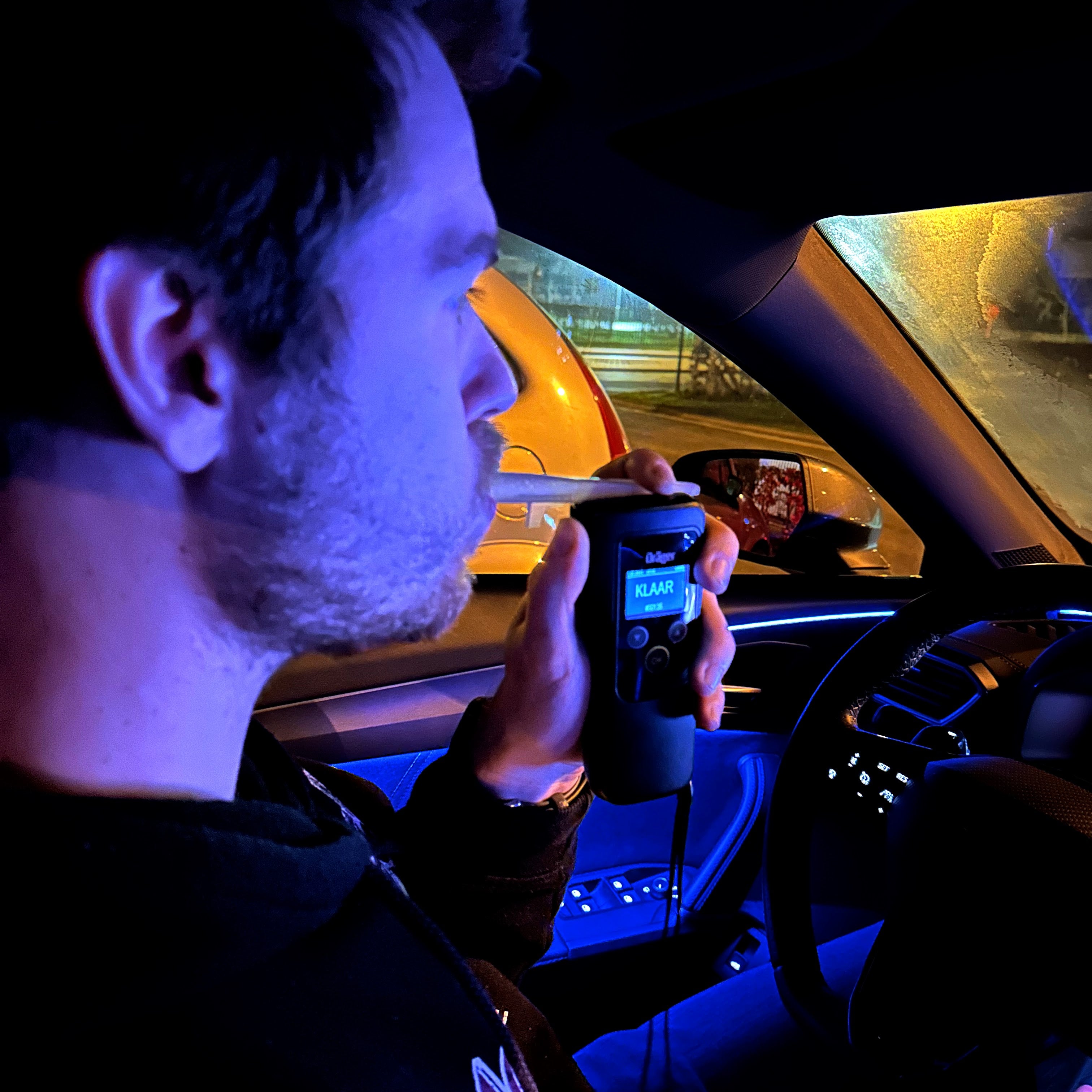
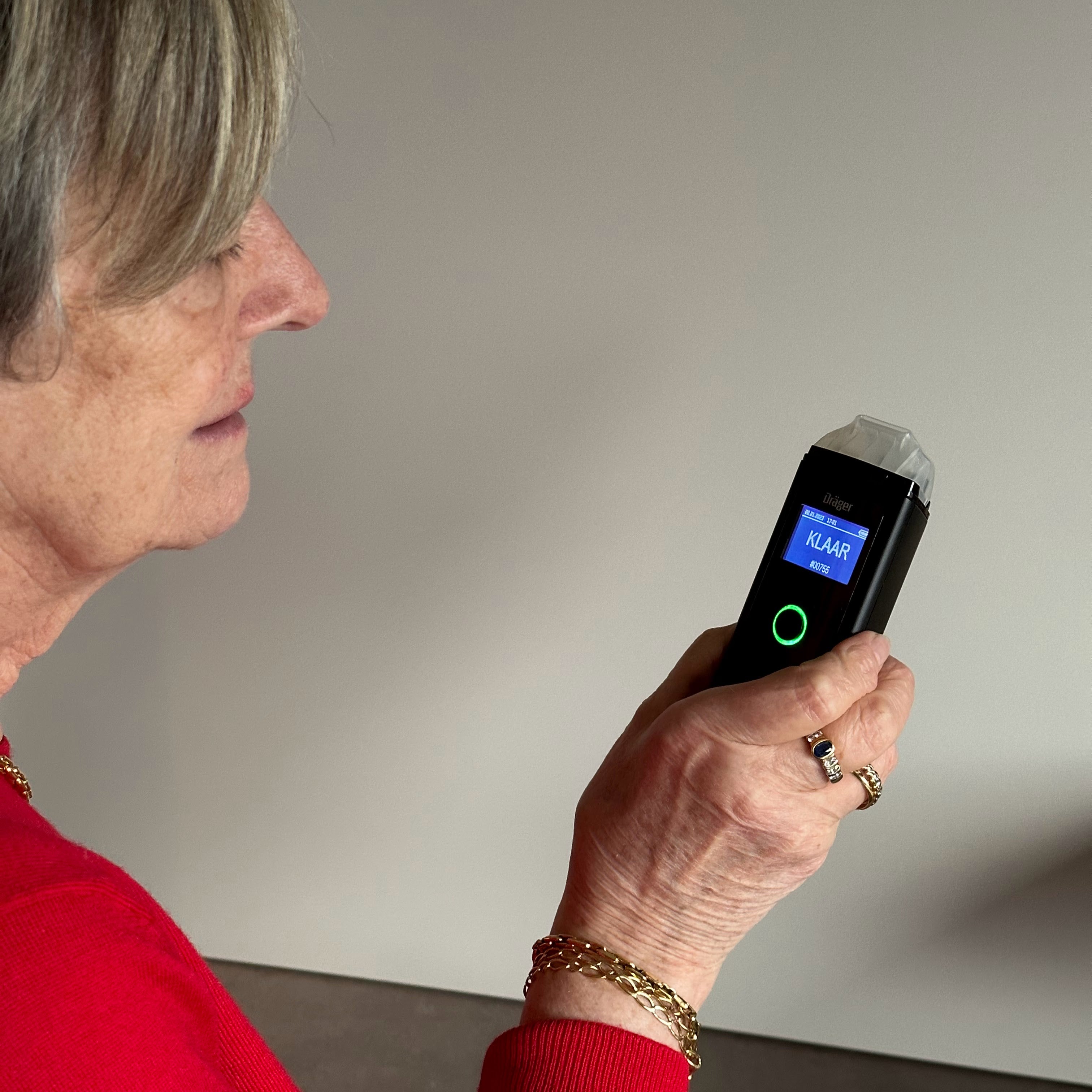
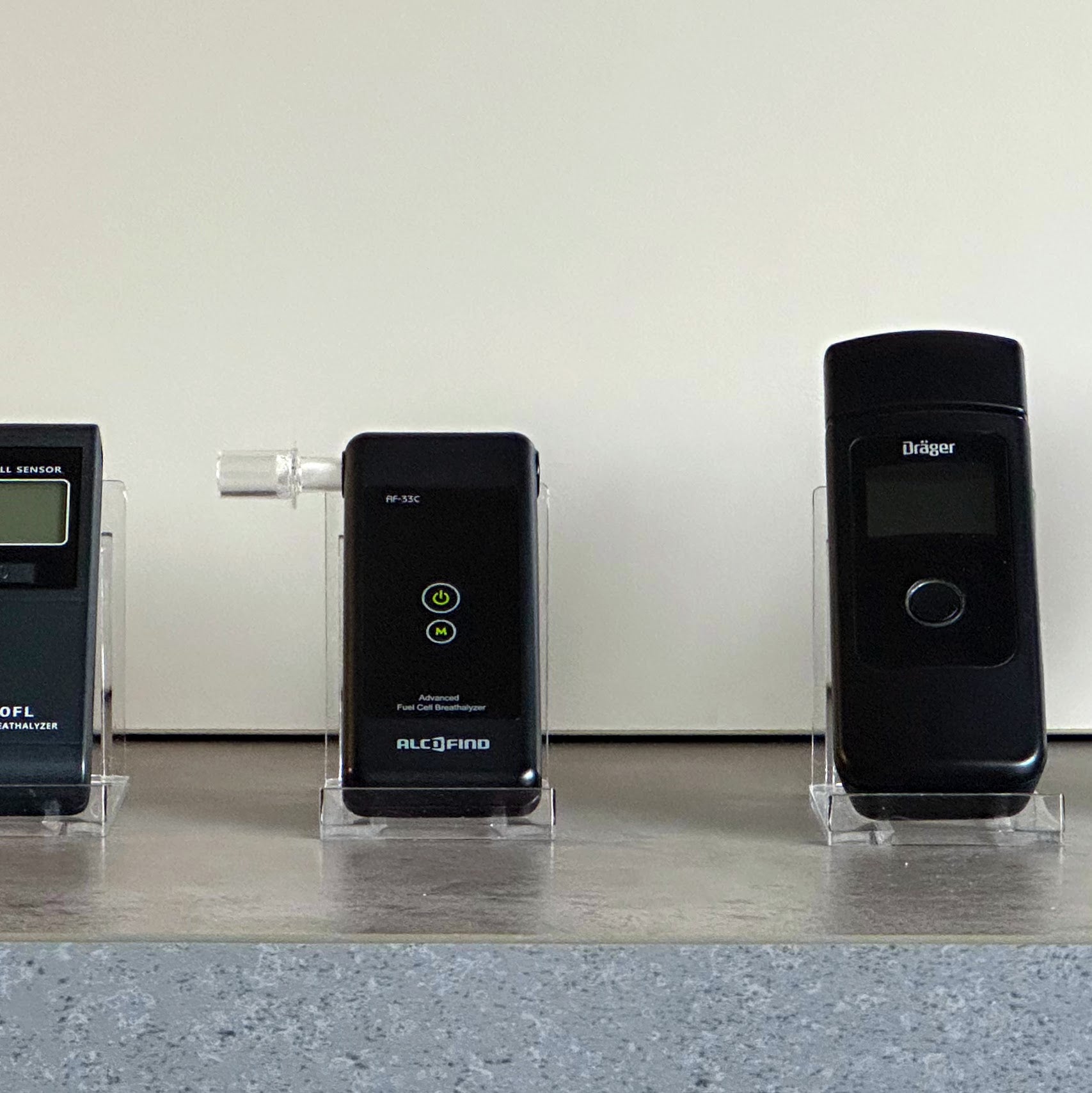
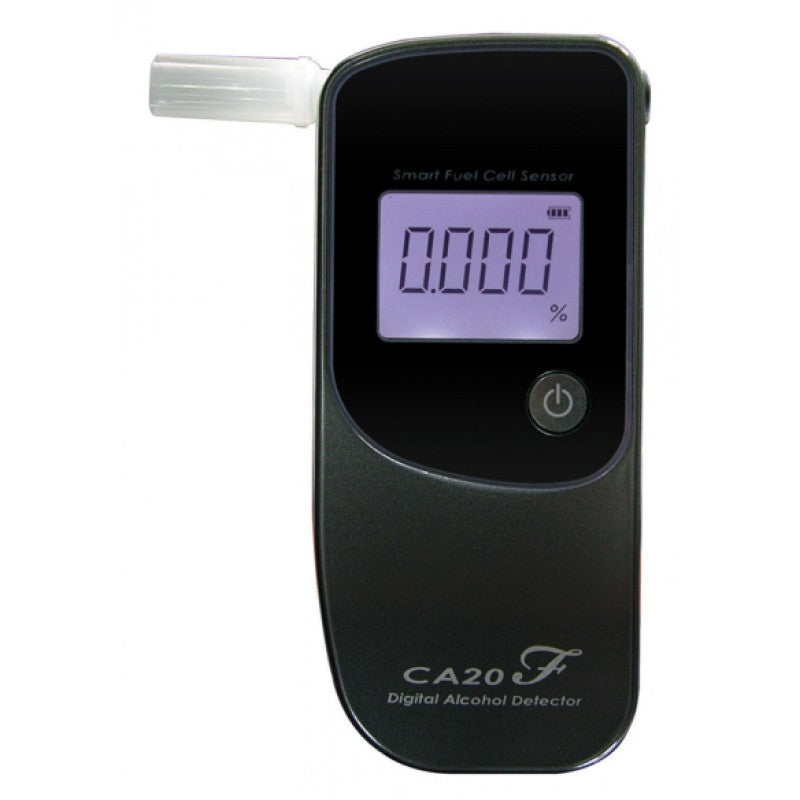
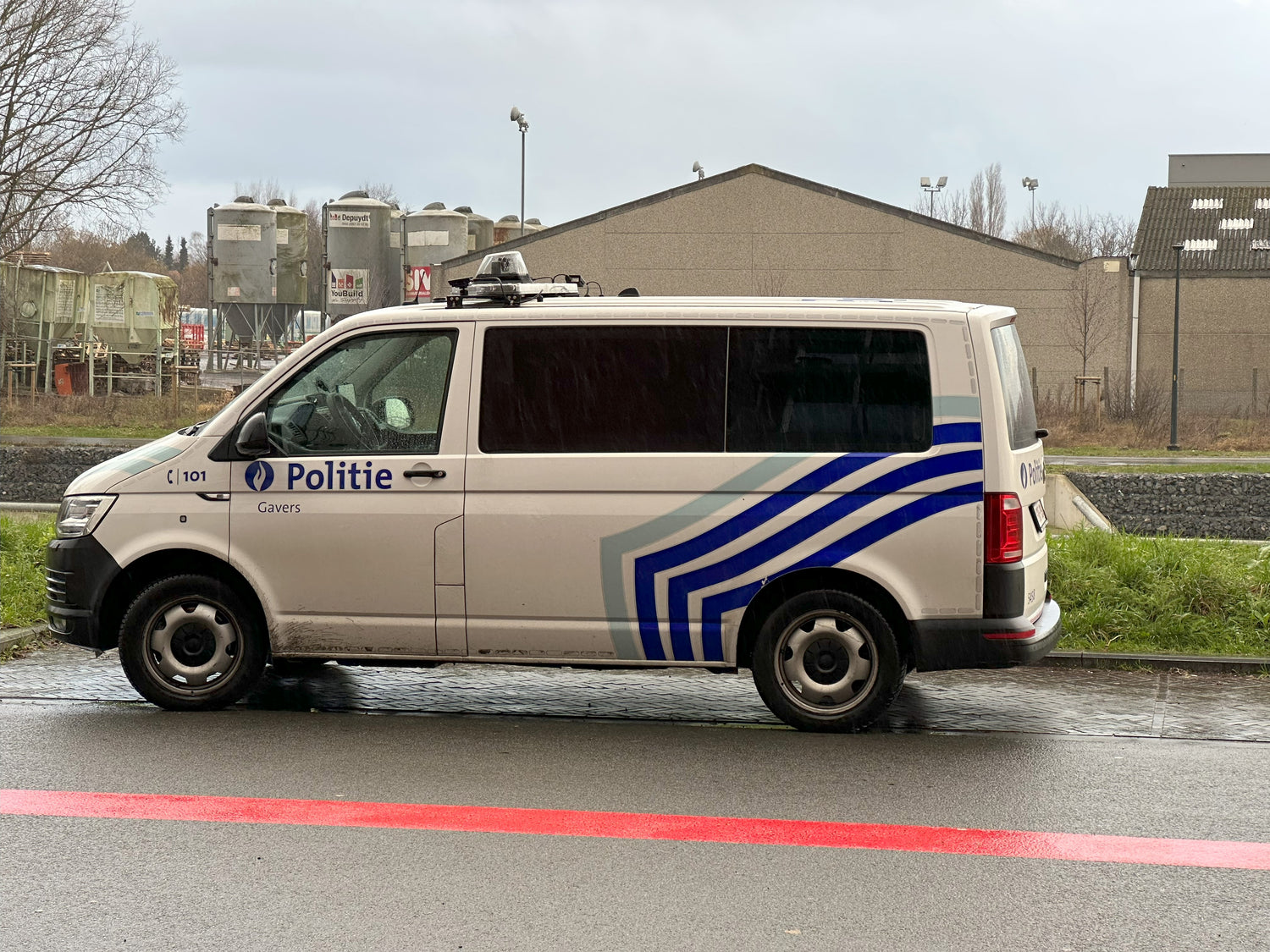
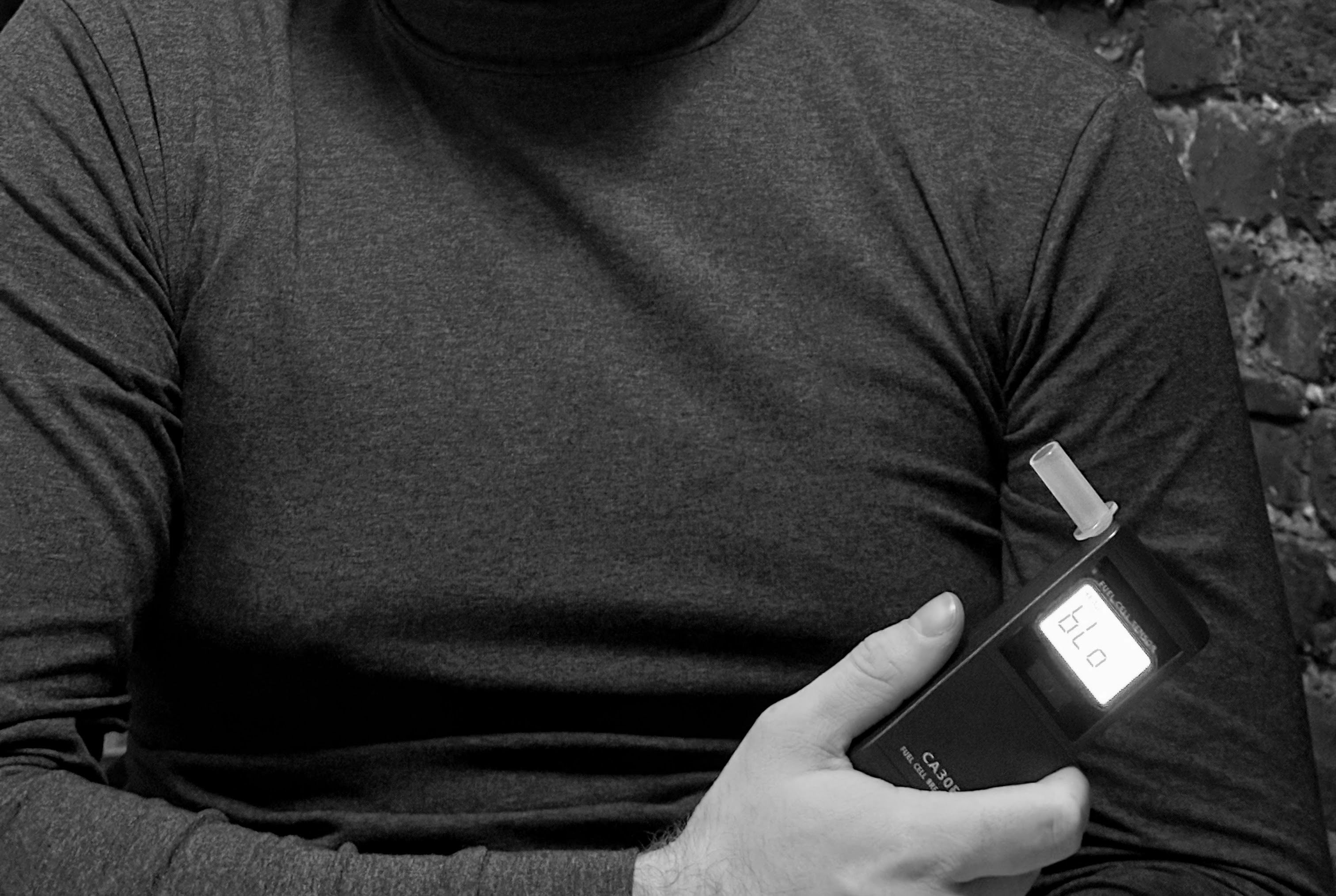
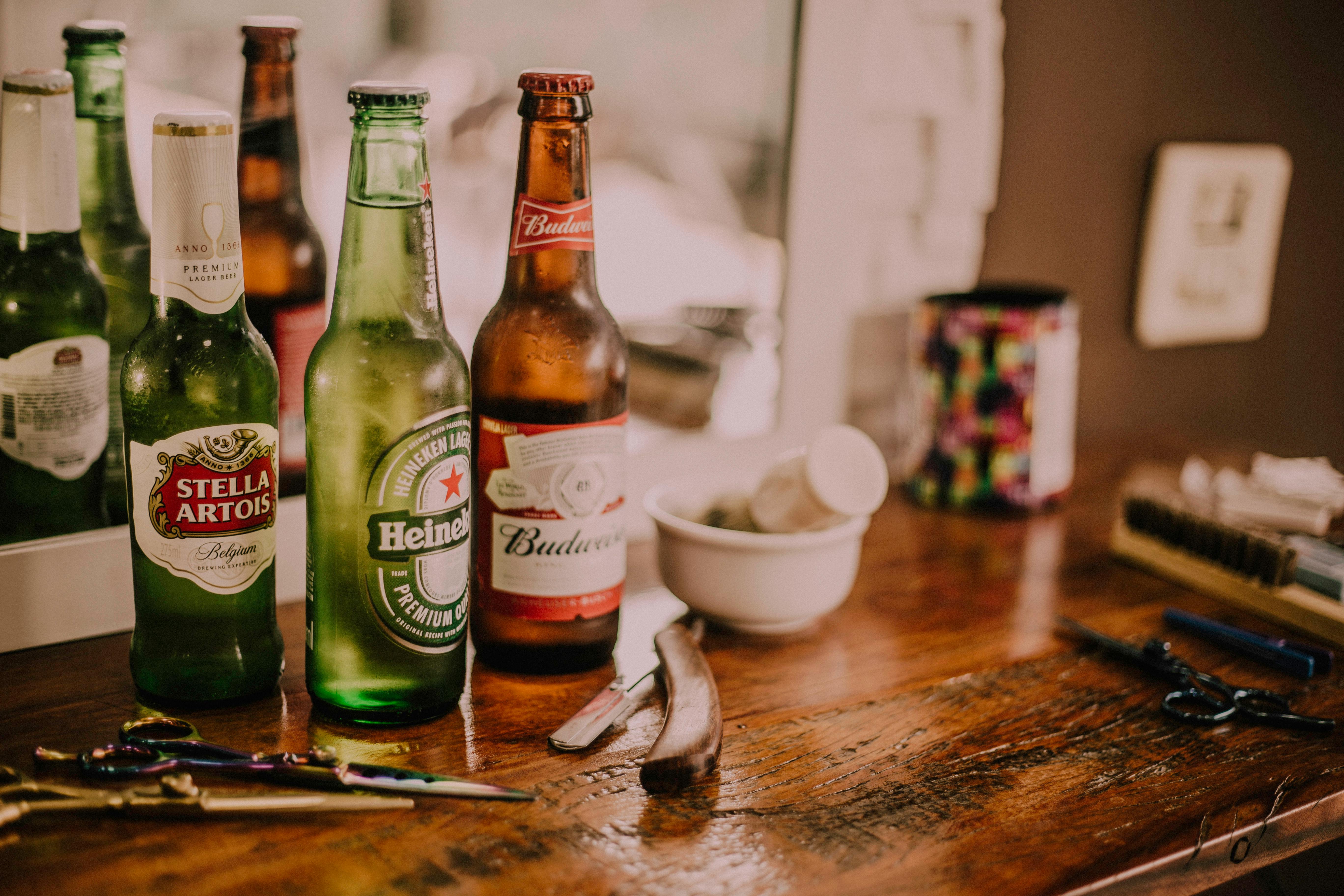
Leave a comment
All comments are moderated before being published.
This site is protected by hCaptcha and the hCaptcha Privacy Policy and Terms of Service apply.